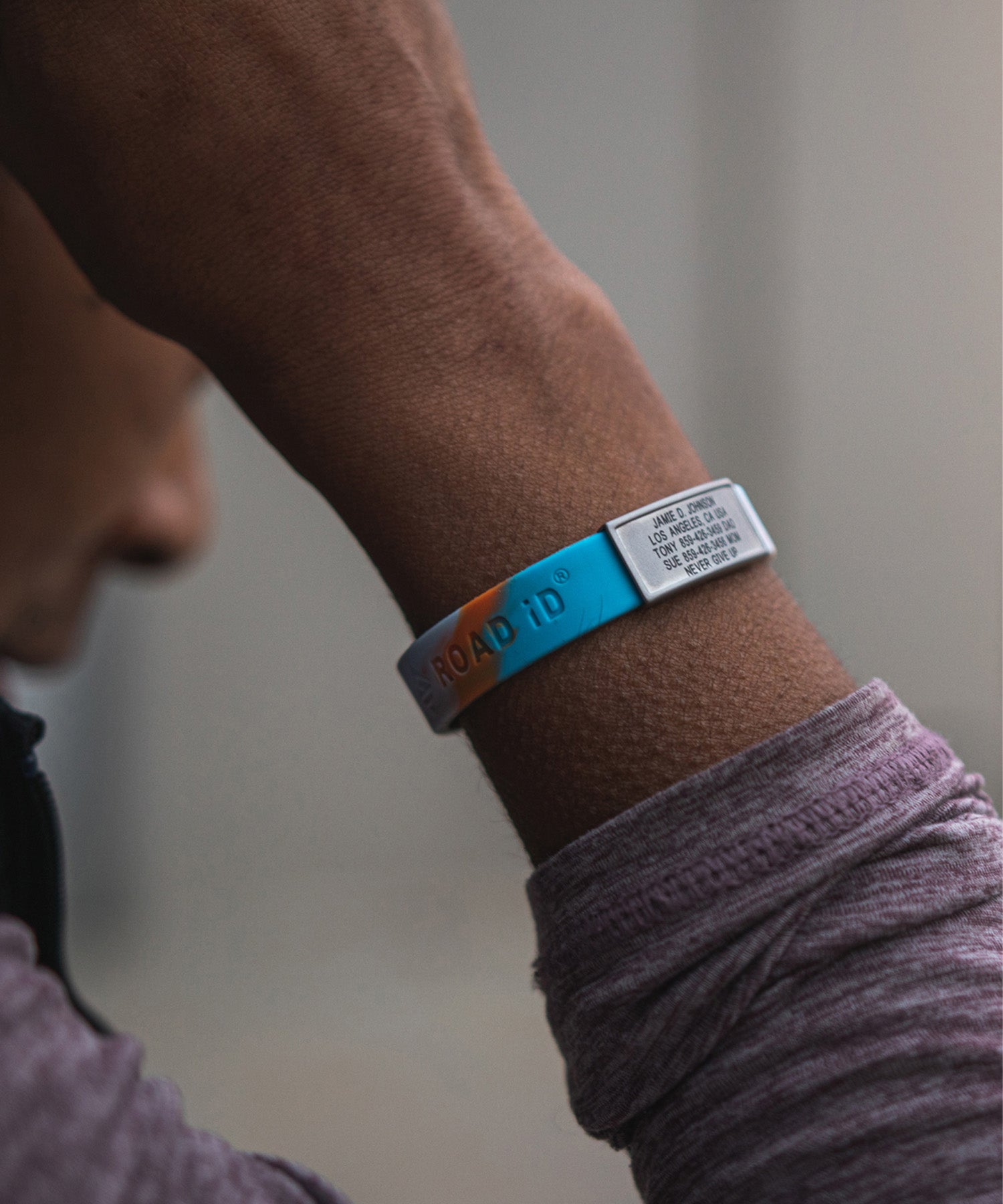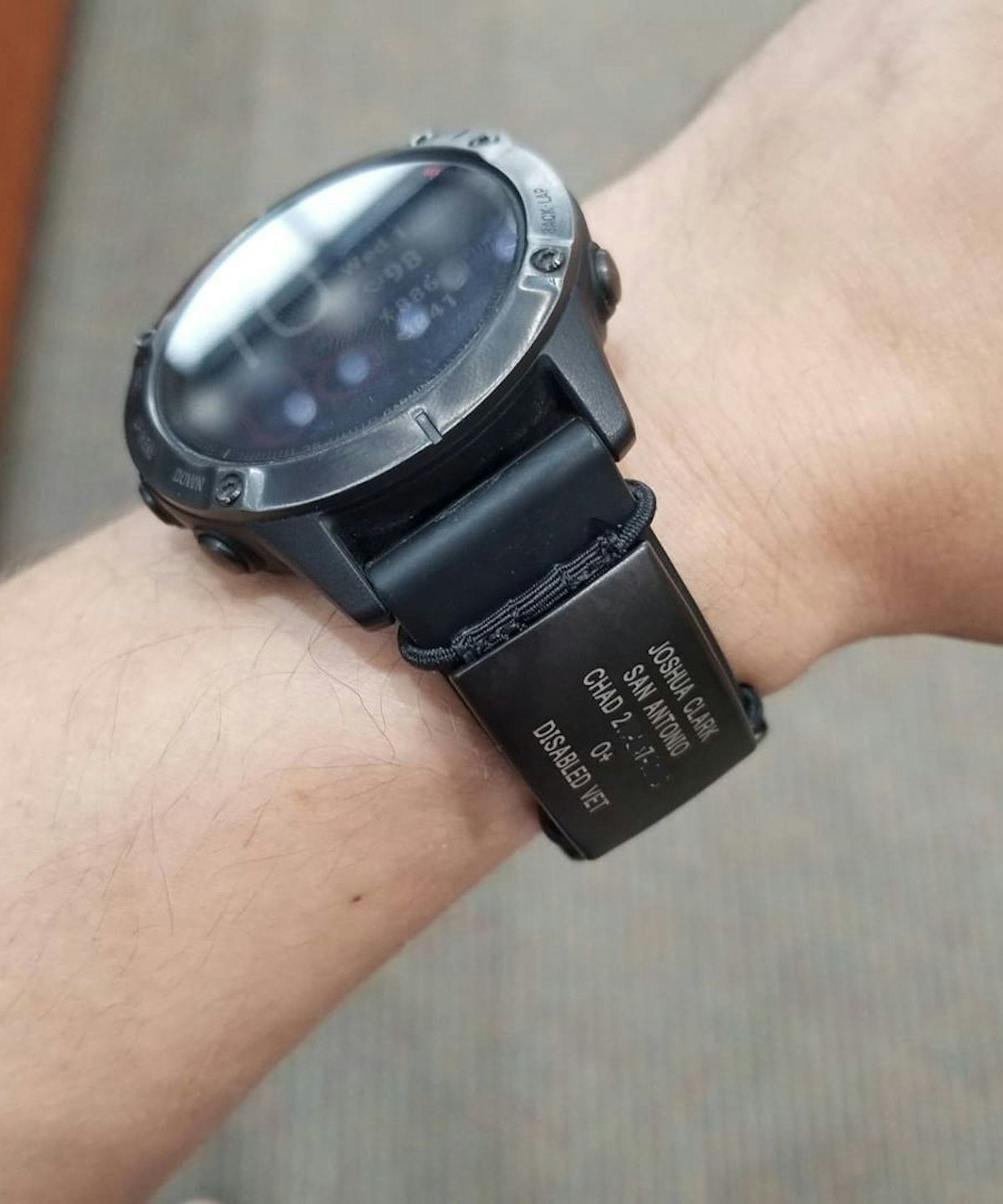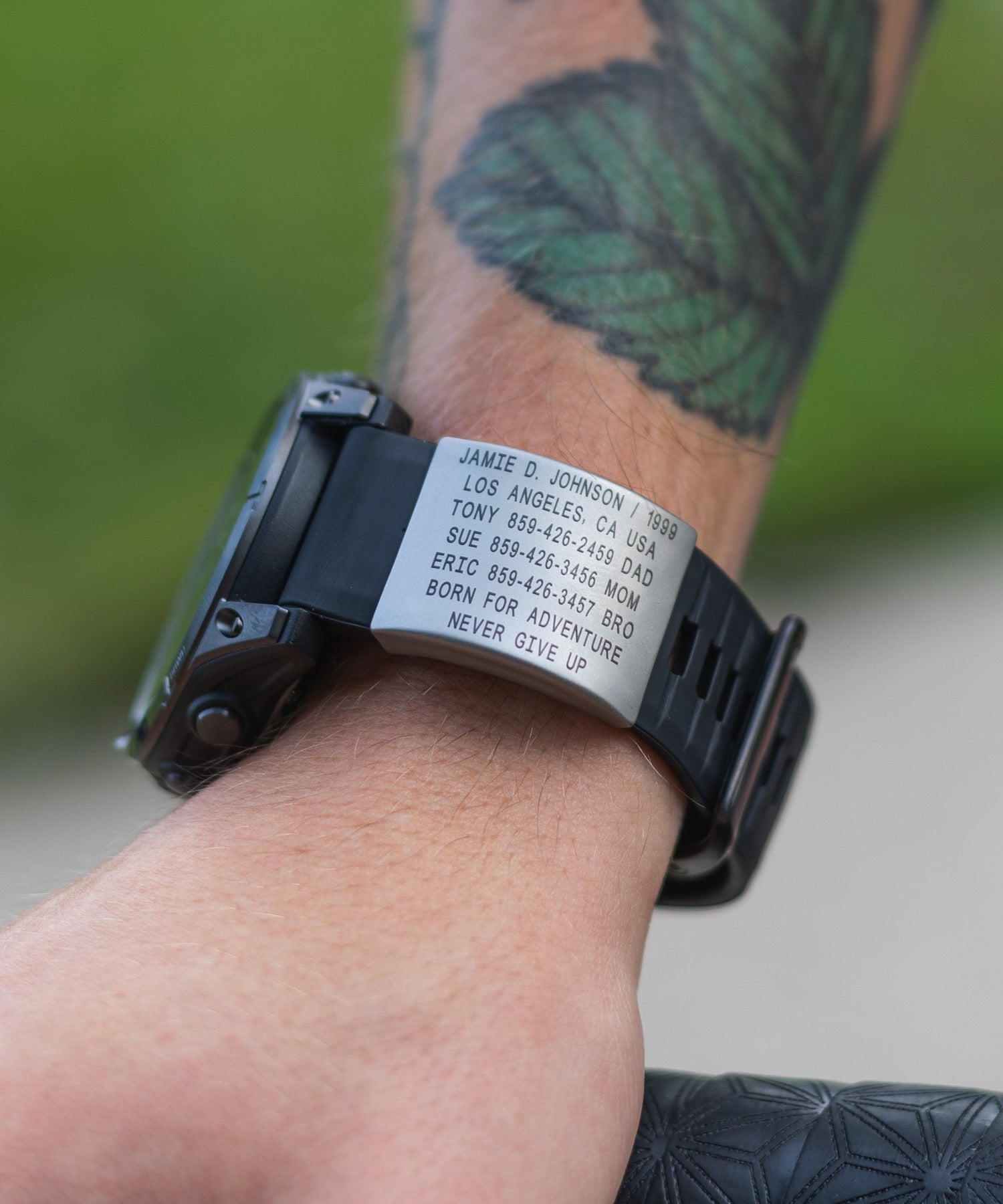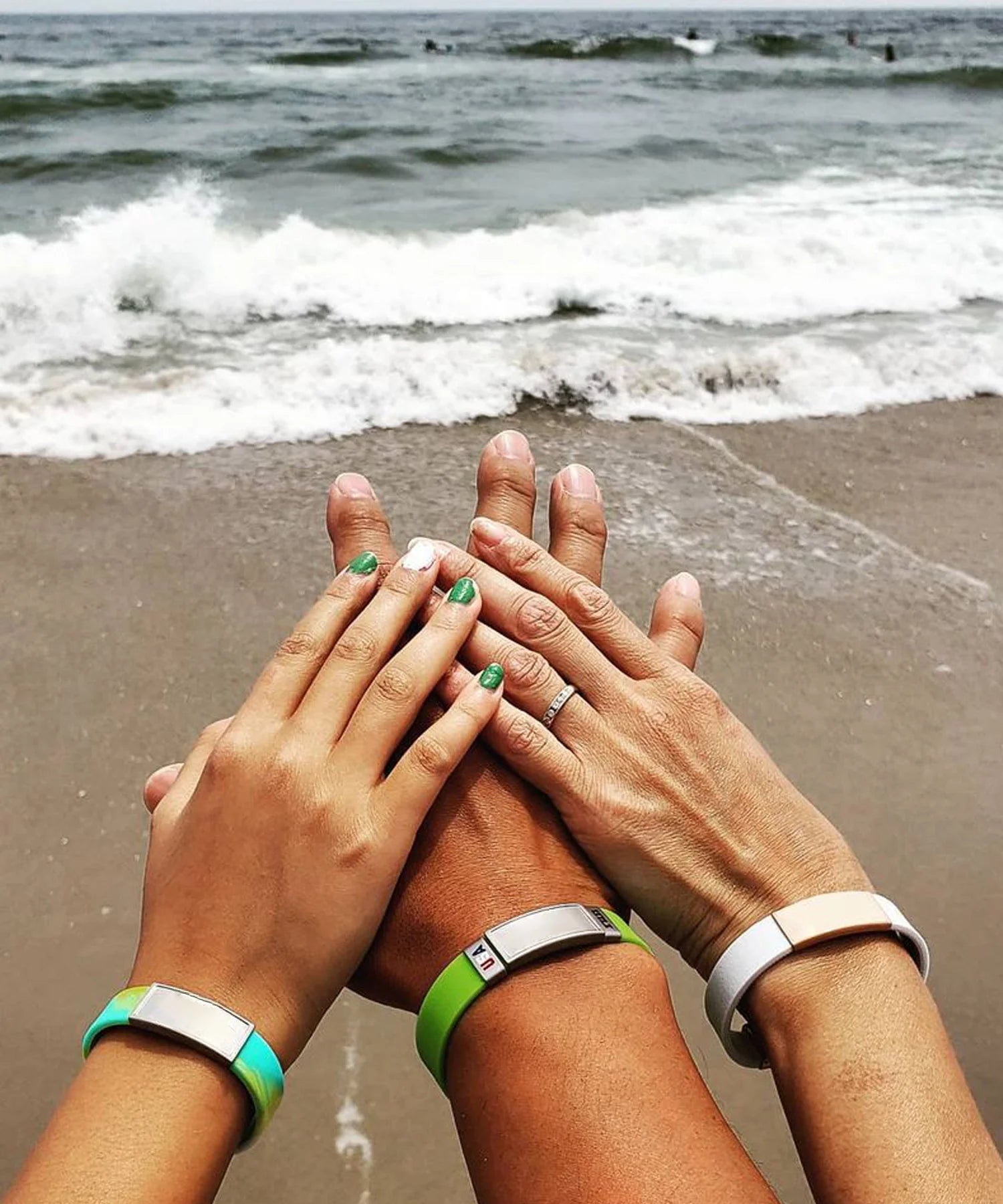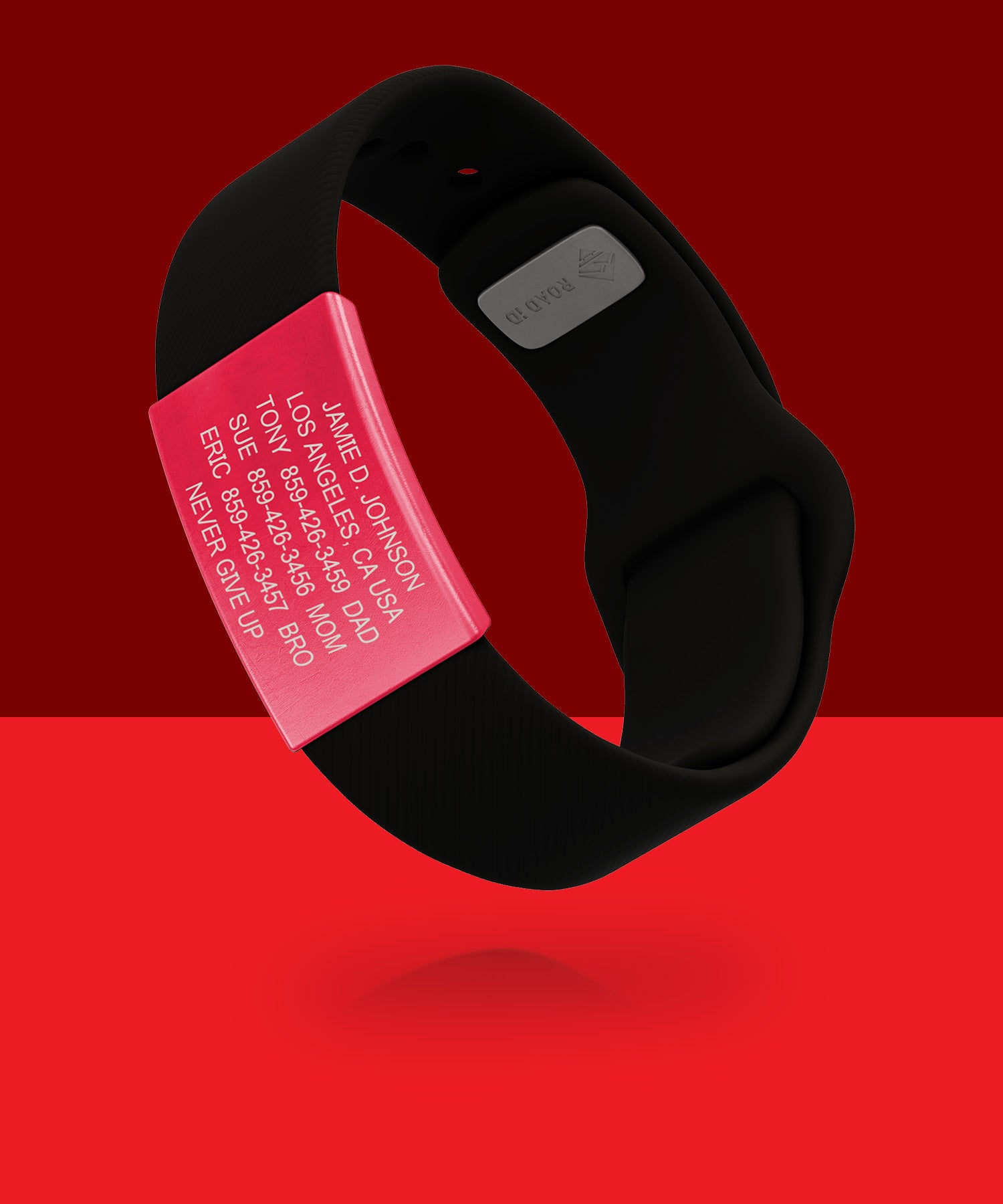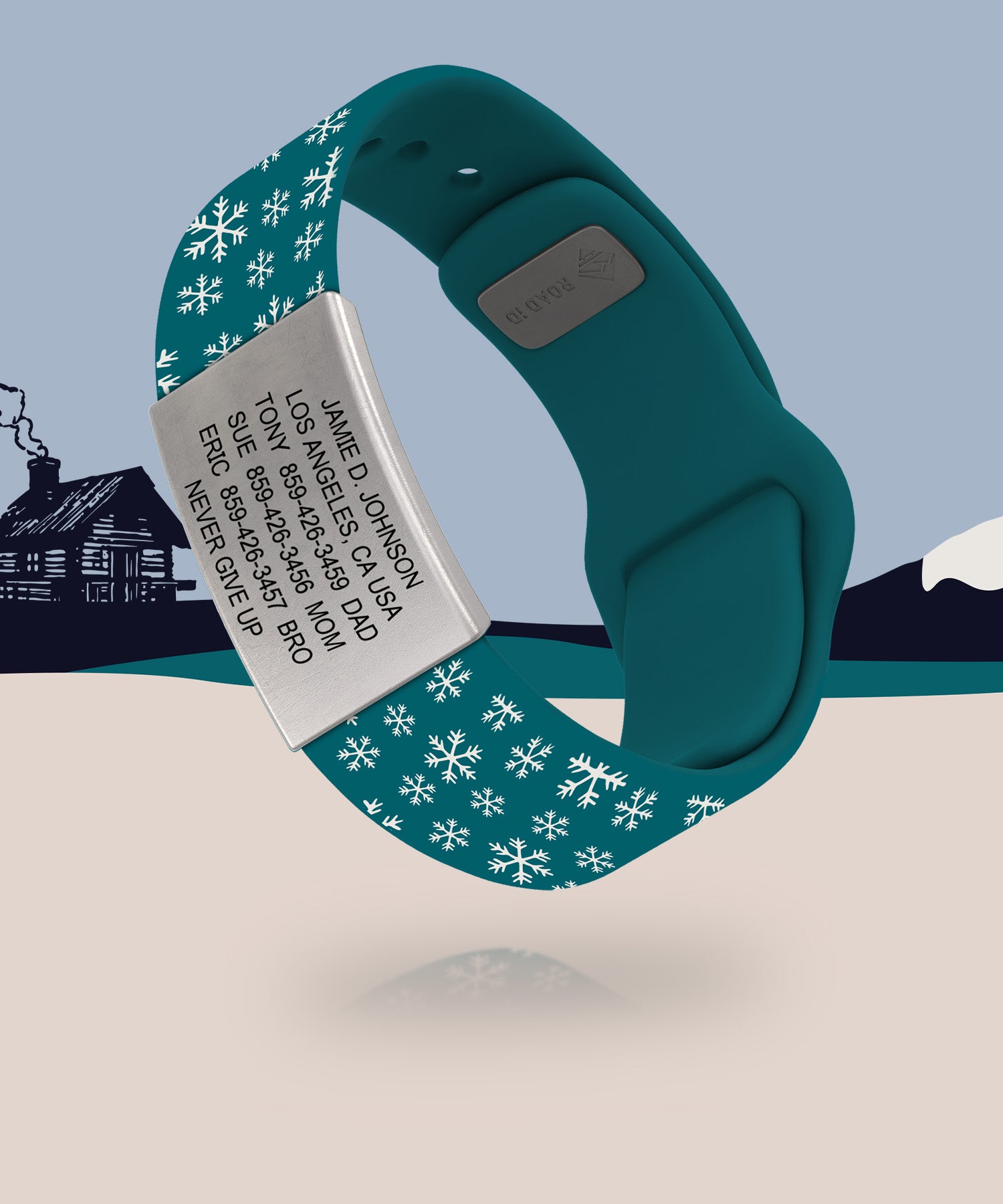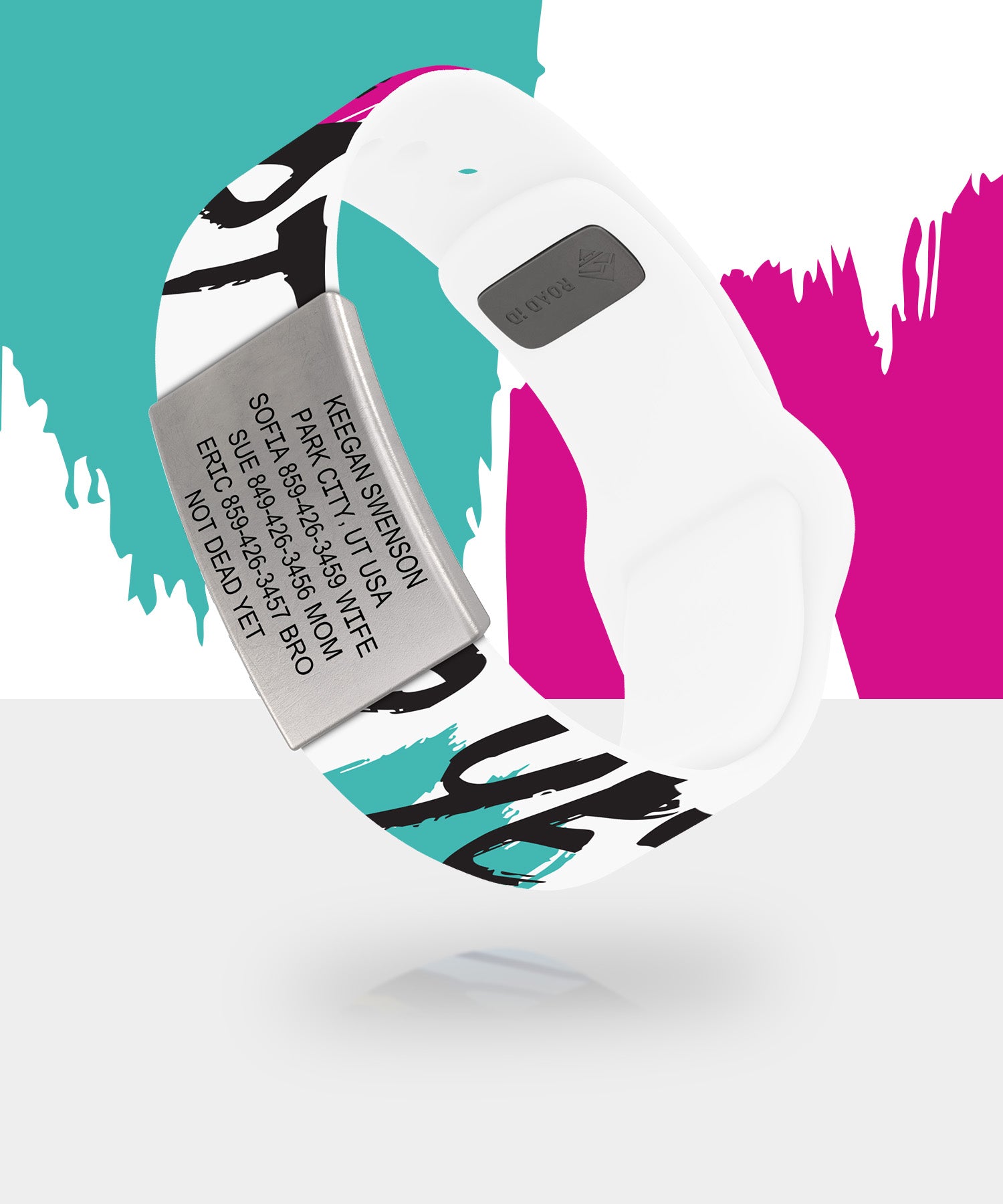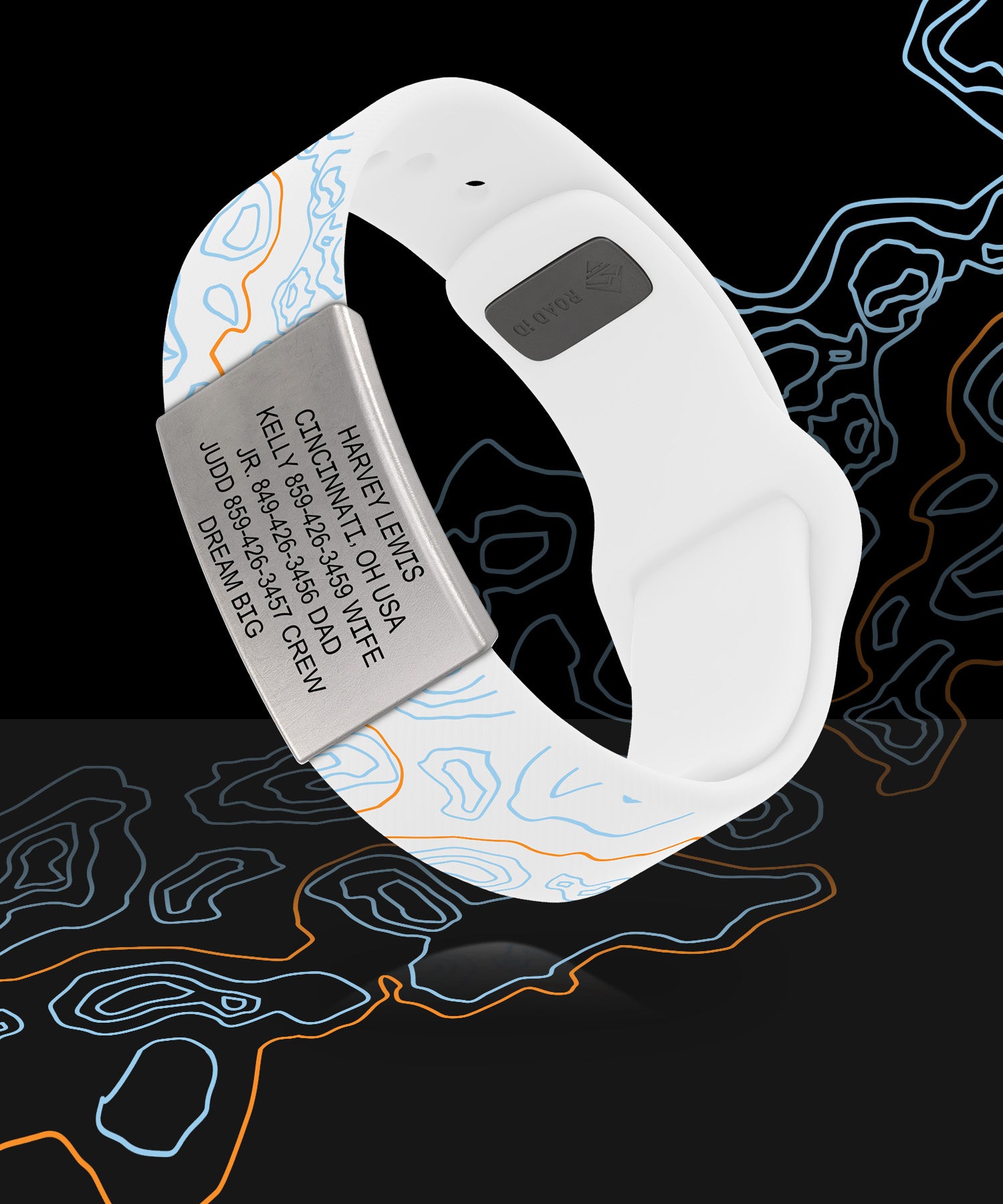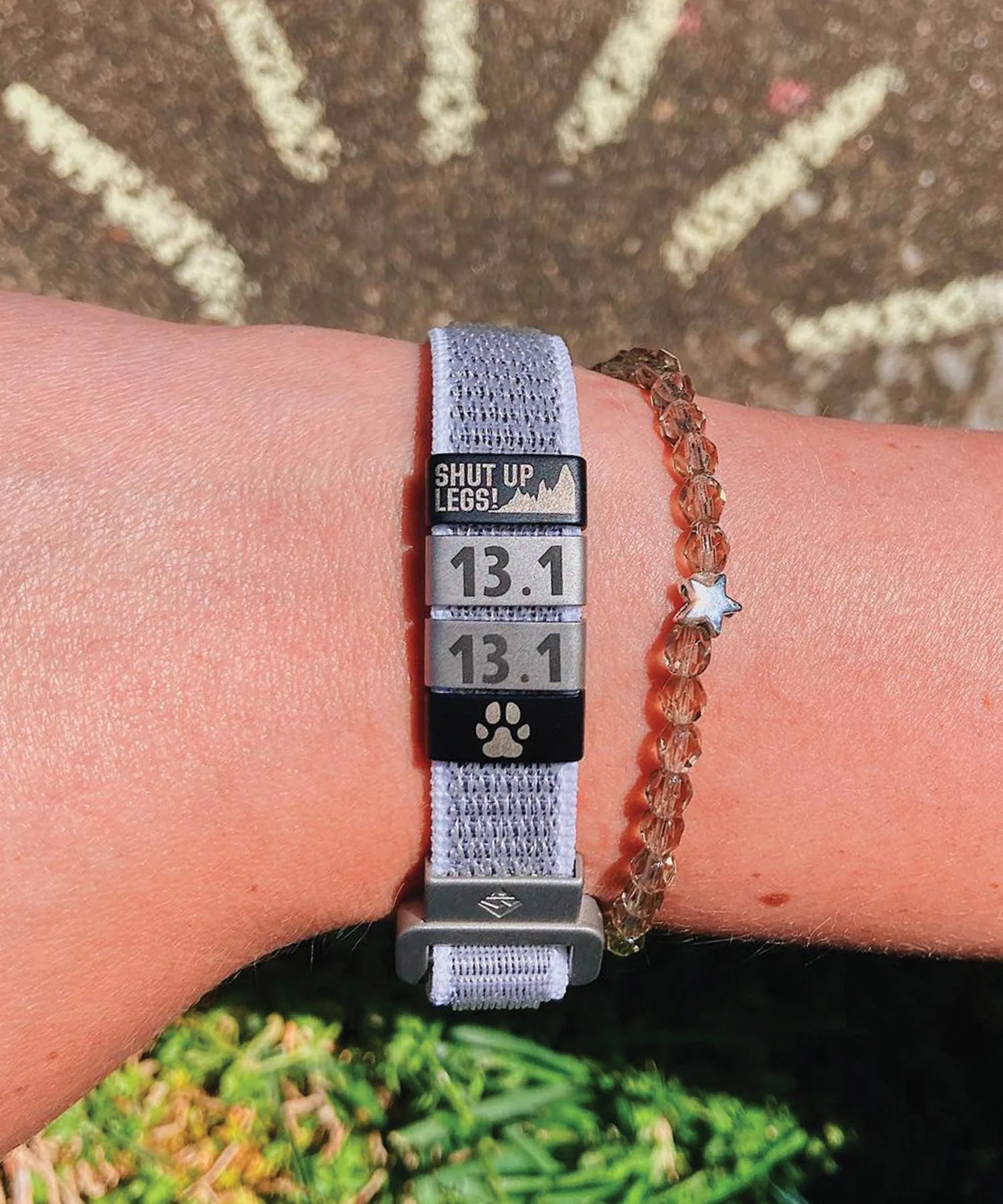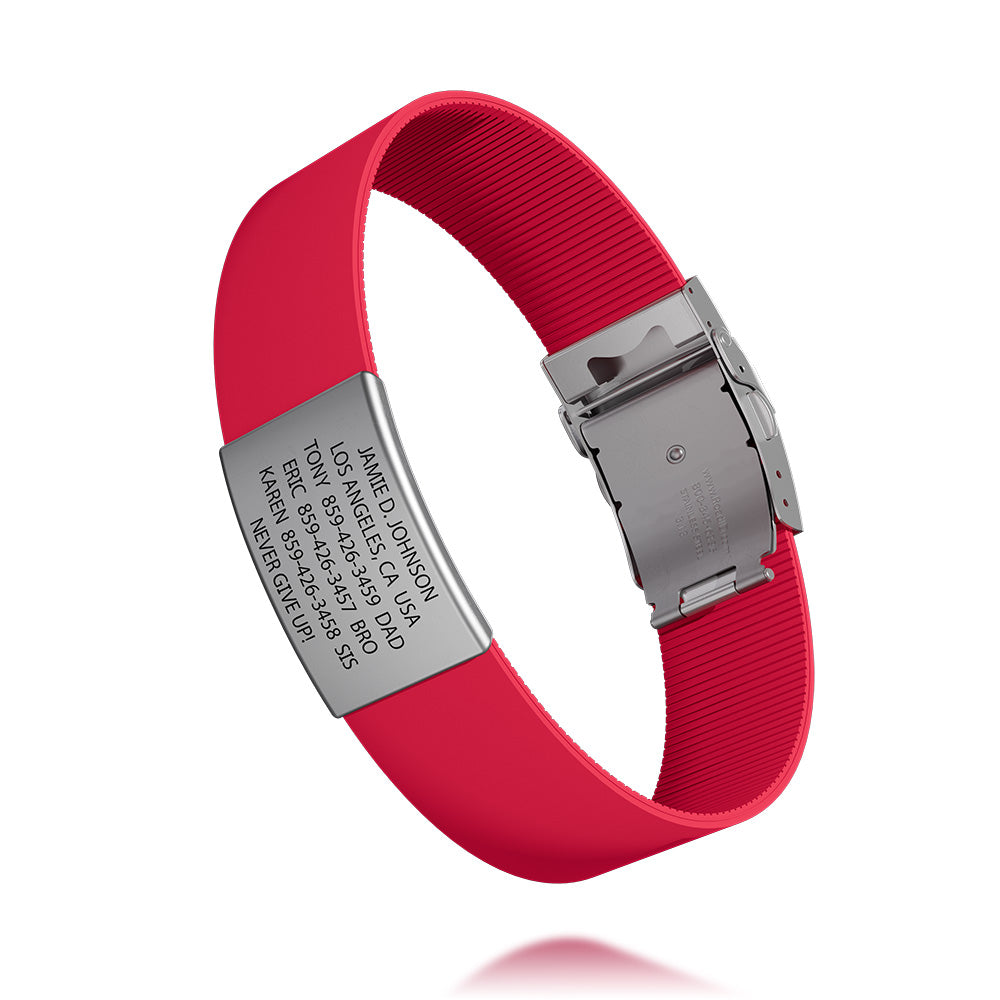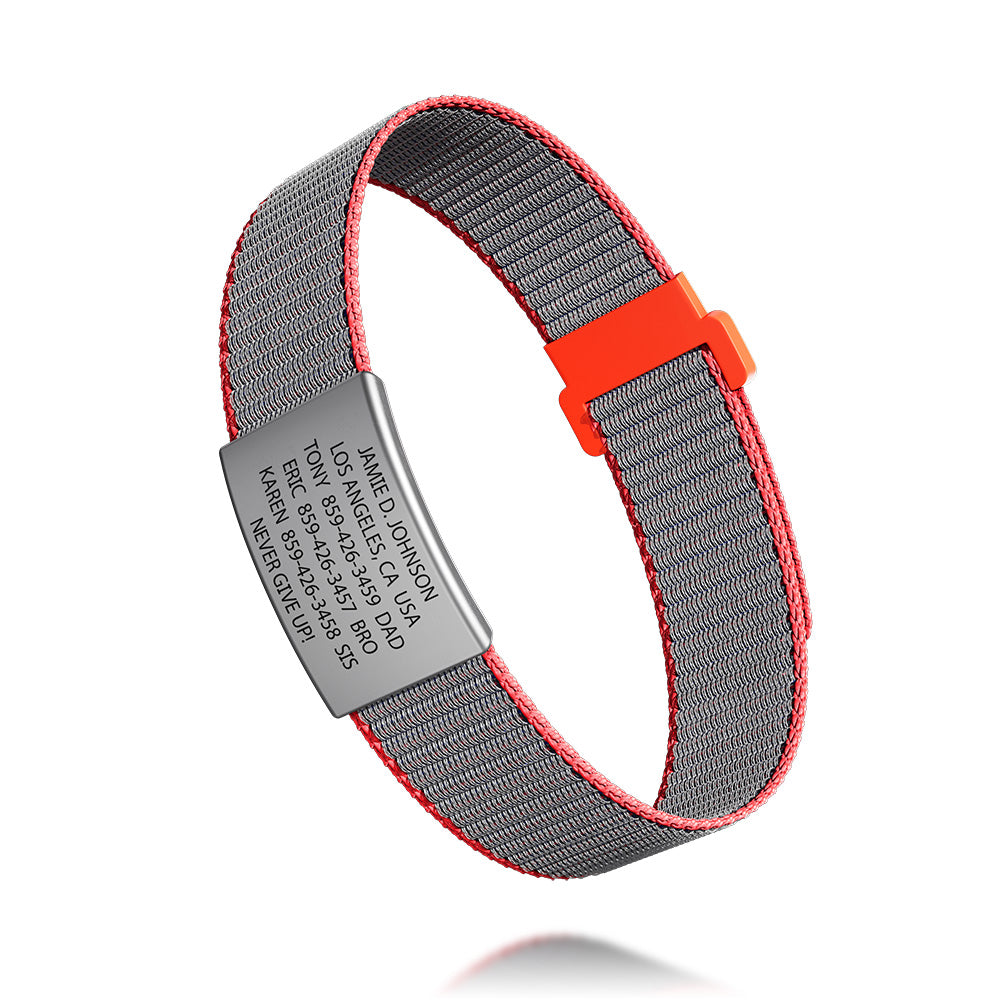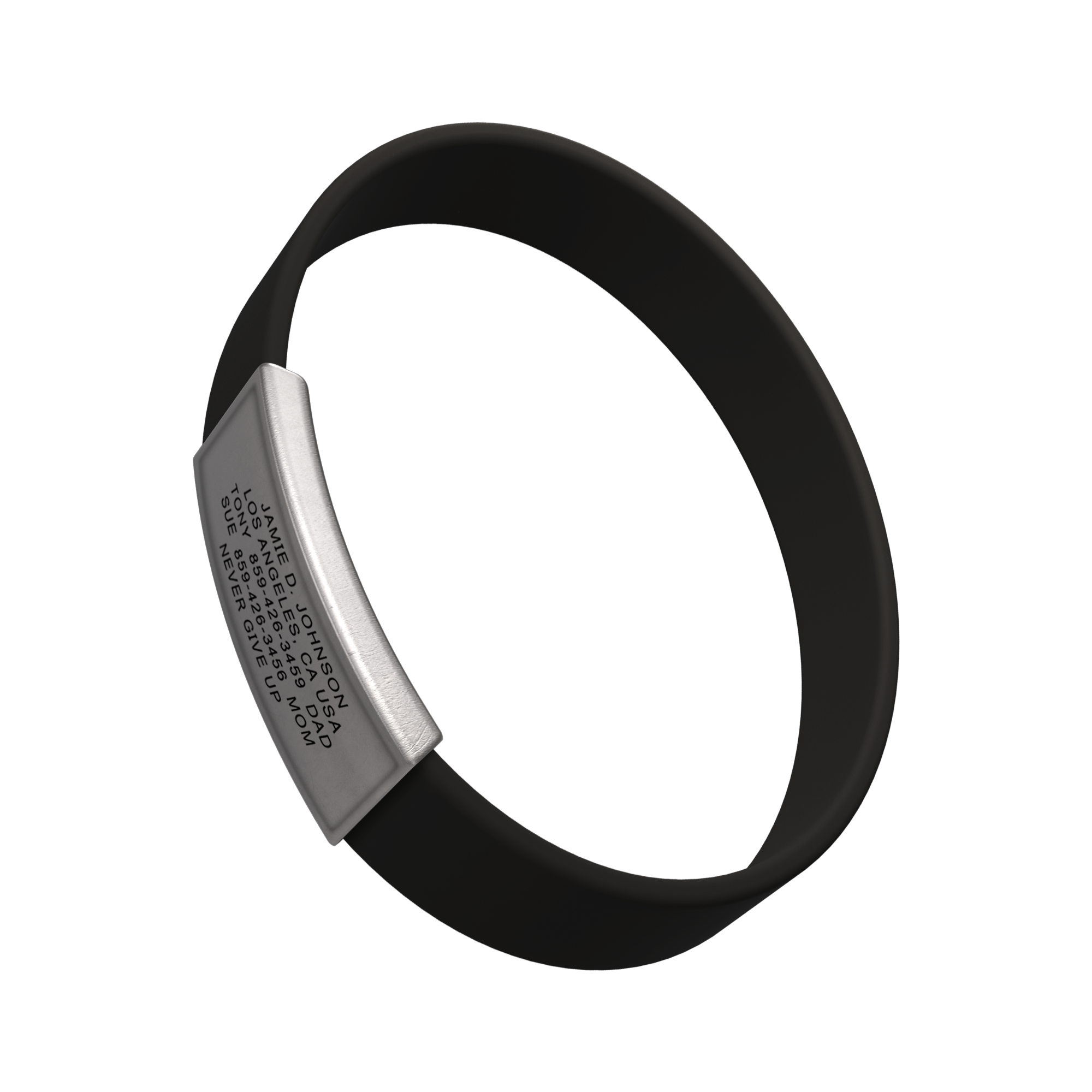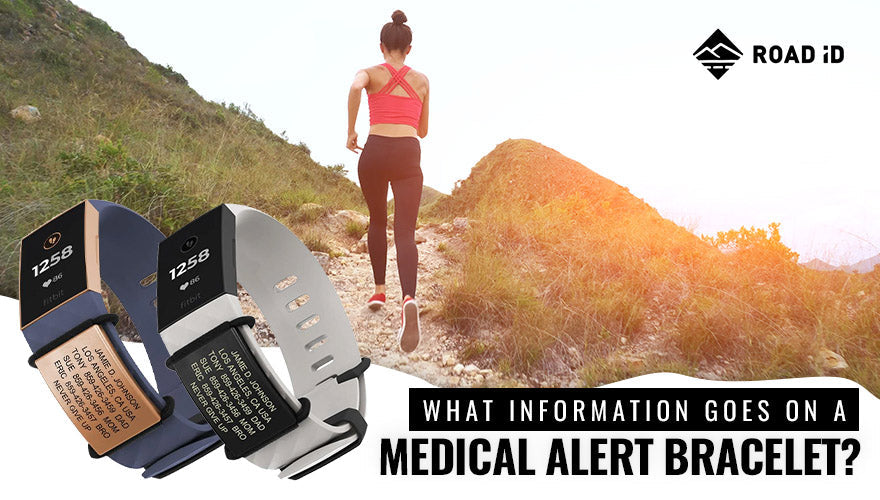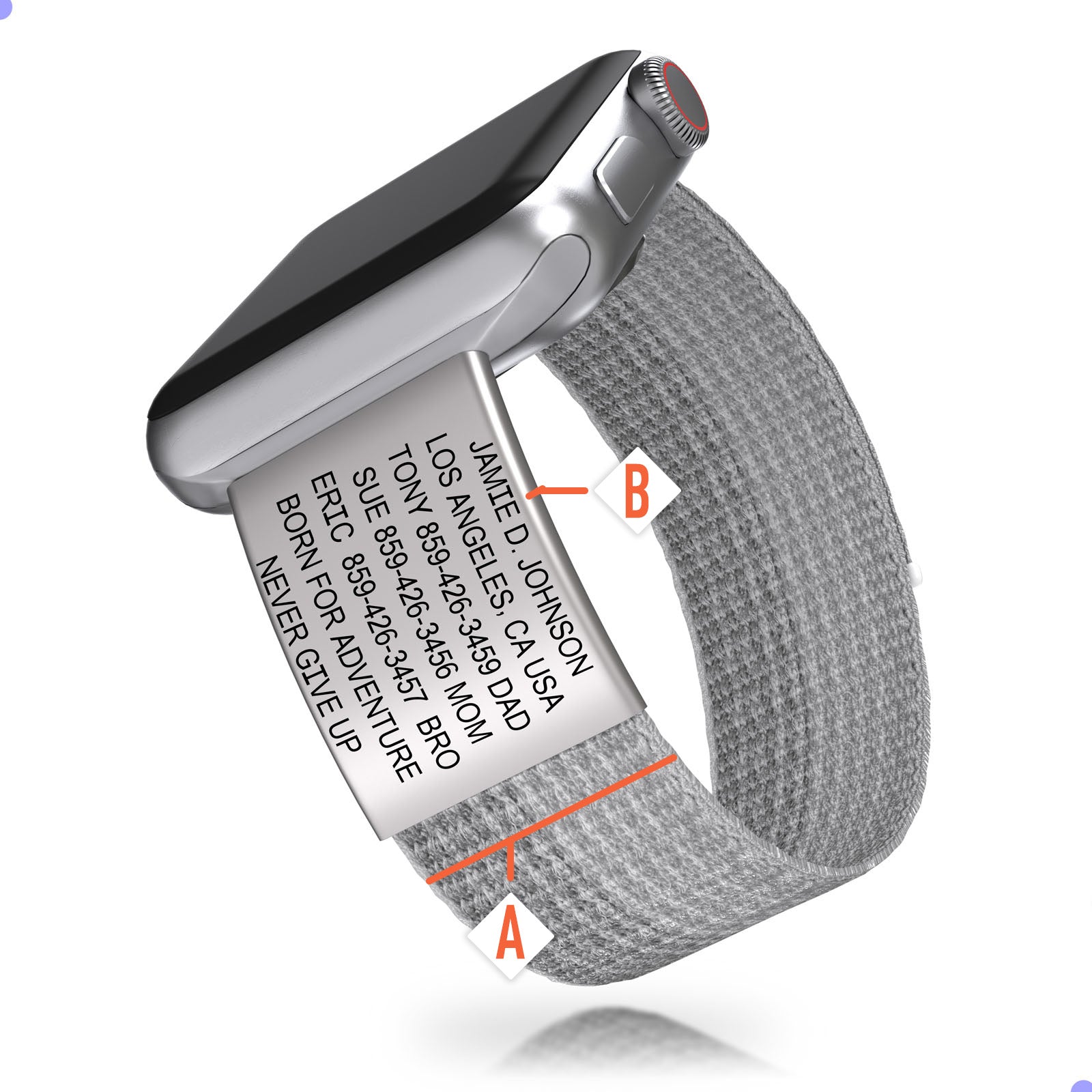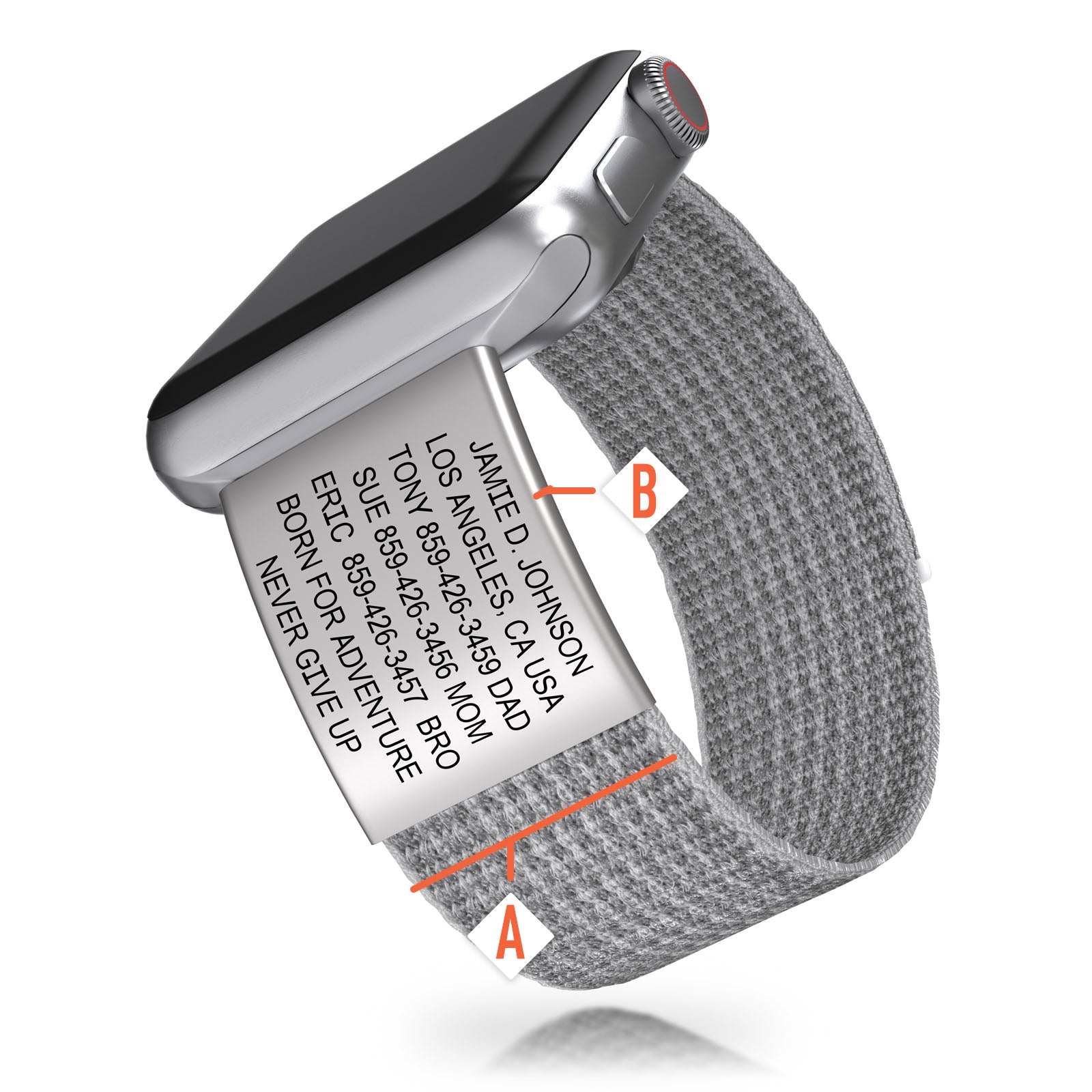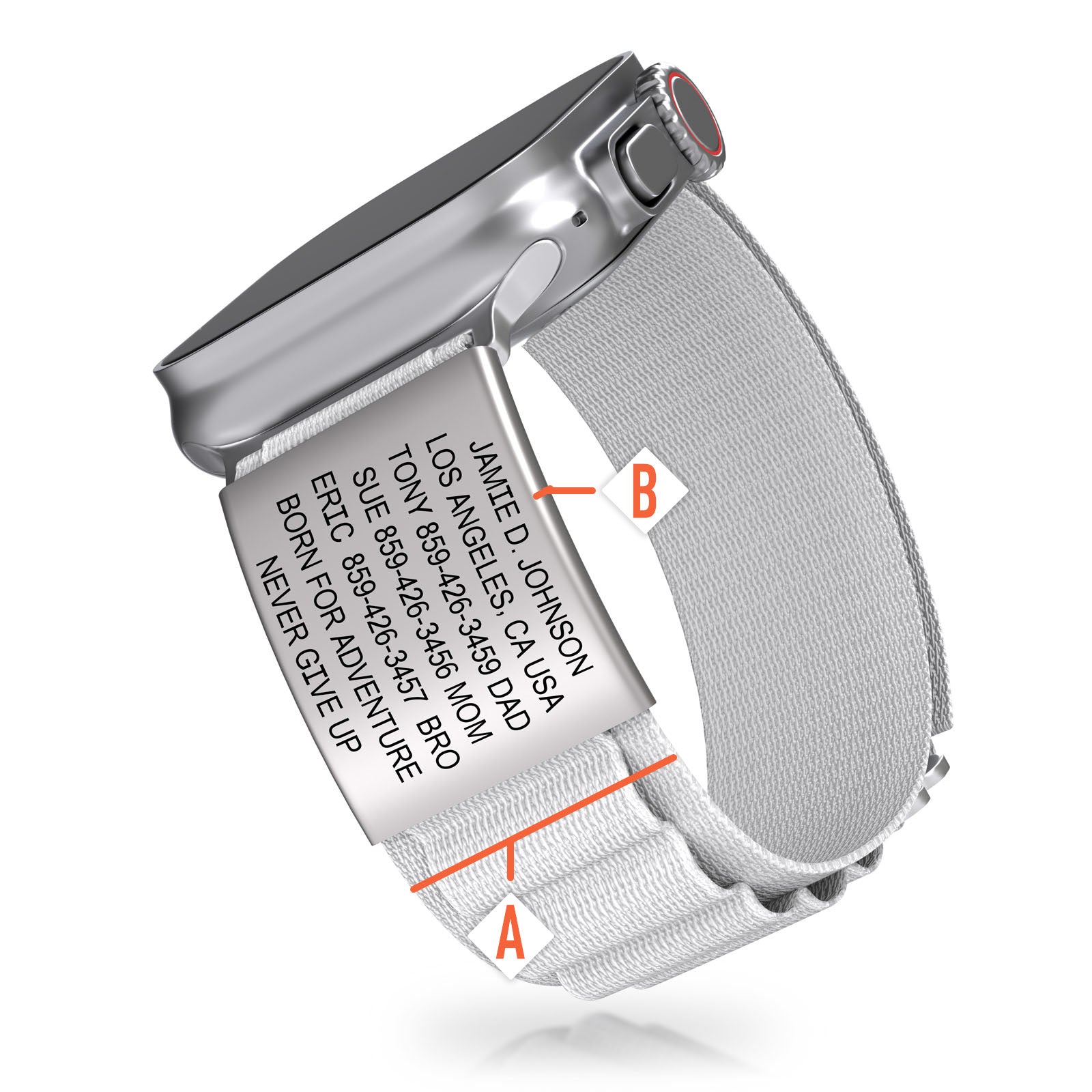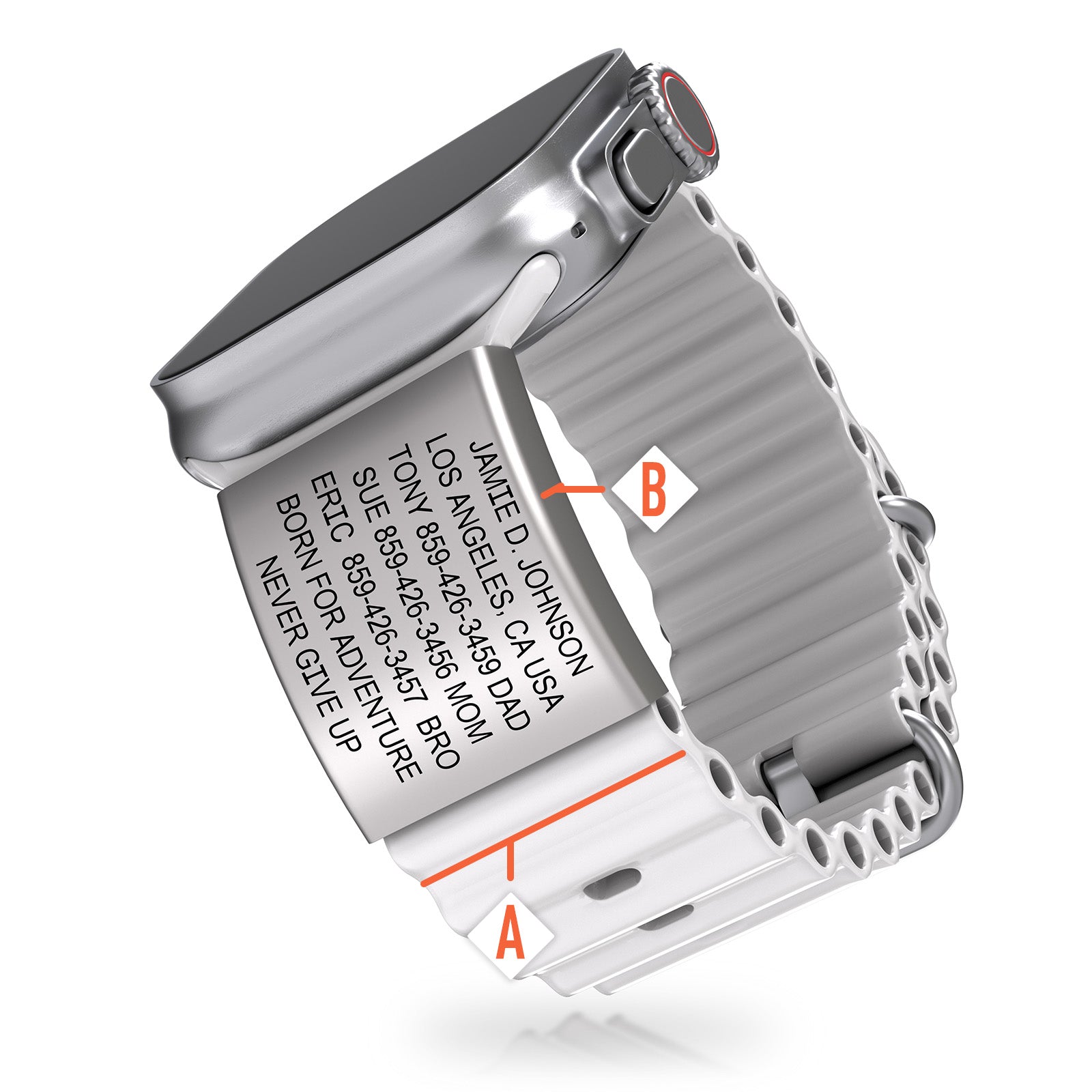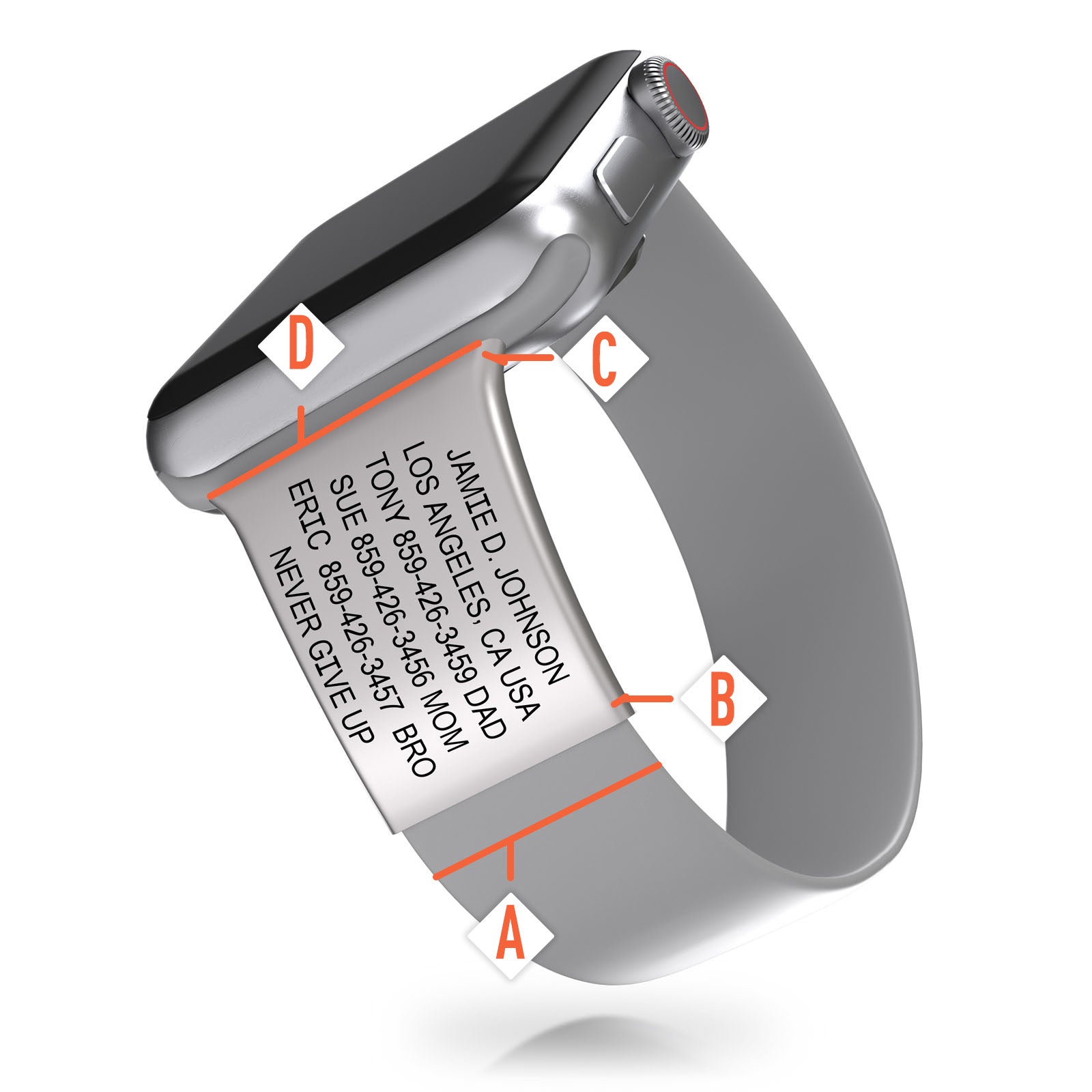Chronic illnesses aren’t easy to live with. The stress alone can be a major blight on many people’s lives, wearing them thin on top of the other struggles they’re dealing with in life. For some, there’s the pain that comes with daily life; for others, there’s the worry of having a medical emergency at any time.
But medical emergencies and accidents can happen to anyone, at any time. It’s a terrifying thought: What would you do in the event of a life-or-death emergency?
The best bet to protect yourself is to receive immediate medical assistance. But what do you do if you can’t properly communicate what’s happening to you in the event of an emergency?
The simplest way, for many people, is to wear a medical alert bracelet. But how does a medical ID bracelet protect you in the face of a medical emergency?
What’s a Medical Alert Bracelet?
A medical alert bracelet is a personalized piece of jewelry that is worn around the wrist. Other options are available as placards that can be tied around your shoe laces and engraved dog tags, both of which allow you to carry your medical information with you wherever you go.
A medical alert bracelet will look like any other bracelet — almost like a watch with an engraved faceplate in place of the clock face. The engraved faceplate will include the information you deem most important to your medical and personal safety. But what should you get engraved on your medical ID bracelet?
What You Should Engrave on Your Bracelet
The reason you wear a medical alert bracelet is to protect yourself in the face of a medical emergency. For instance, you may have type 2 diabetes; hence, you’re wearing a type 2 diabetes bracelet. But what do you get engraved on your custom medical alert bracelet?
The most common things to get engraved on your medical alert bracelet include:
- Name
- Emergency contact info – name and number
- Medical conditions you live with
- Medications you take
- Allergies
- Previous surgeries/operations – e.g., double bypass surgery

Why This Information Is Important
This information can truly come in handy in the event of an emergency, especially among those people who live with various illnesses and diseases, such as diabetes, heart disease, lung conditions, Alzheimer’s, severe anxiety disorders and more.
But a custom medical alert bracelet could also save the life of a cyclist, runner or avid walker. For instance, say they get into an accident while out exercising, whether it’s getting clipped by a car while cycling or tripping and hitting their head while trail running. Both could be life-threatening injuries if not immediately treated.
And, if the person is knocked unconscious in the accident, they won’t be able to properly explain what happened to a bystander. Suddenly, this leads to a great deal of confusion, from what happened to who you are.
How a Custom Medical Alert Bracelet Could Save Your Life
As simple as it may seem, a custom medical alert bracelet could save your life in the event of a medical emergency or serious accident. Whether you live with a chronic medical condition, a life-altering allergy or are an adventurous athlete, here’s just a few ways in which a medical ID bracelet could save your life.
1. Make others aware of your condition.
First, a medical ID bracelet makes it apparent what your medical history is. If you suddenly pass out at a restaurant and begin convulsing, staff will be able to react faster if they see you live with epilepsy. Similarly, if you begin choking and gasping for air, they’ll be able to read that you have an allergy and carry an epipen, rather than thinking you’re just choking.
This information could seriously save your life, as misdiagnoses are common, even among medical professionals. Once EMTs arrive, they’ll be able to work accordingly, knowing your exact medical history, versus grasping at straws while attempting to understand just what is happening to you.
2. Receive immediate attention.
Furthermore, emergency services will be able to act immediately. That could seriously save your life, especially if you live with type 1 diabetes, a debilitating heart condition or another serious illness, condition or disease.
By eliminating the lengthy evaluation process, they can begin providing medical assistance relevant to your current condition and your medical history, which can increase your chances of survival in severe cases.

3. Avoid allergens.
Others living with severe allergies can warn bystanders and EMTs of their allergies to ensure they aren’t given anything that could be life-threatening to them, whether those are certain medications or even latex gloves.
Protect Yourself When It Matters Most
Don’t take chances with your life. Protecting yourself is as simple as wearing a custom medical alert bracelet.
Take the time to create one catered to your medical history and rest easy knowing you’re safe in the event of an emergency.


